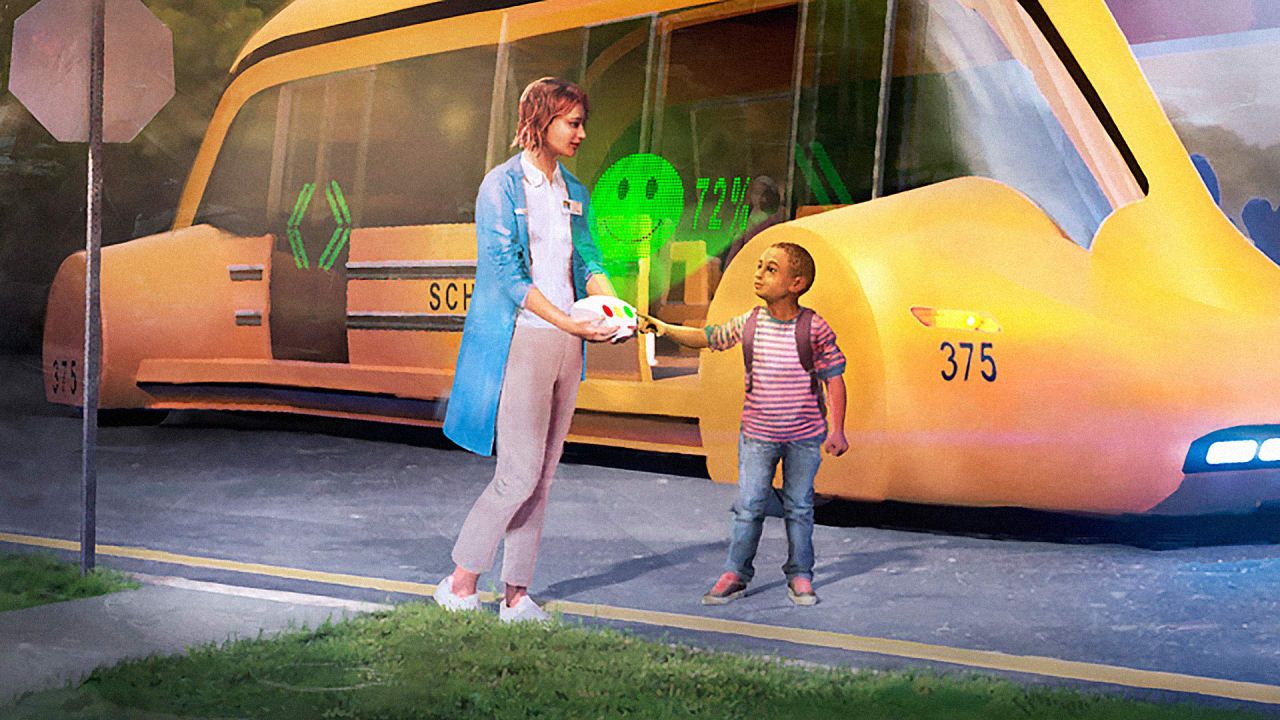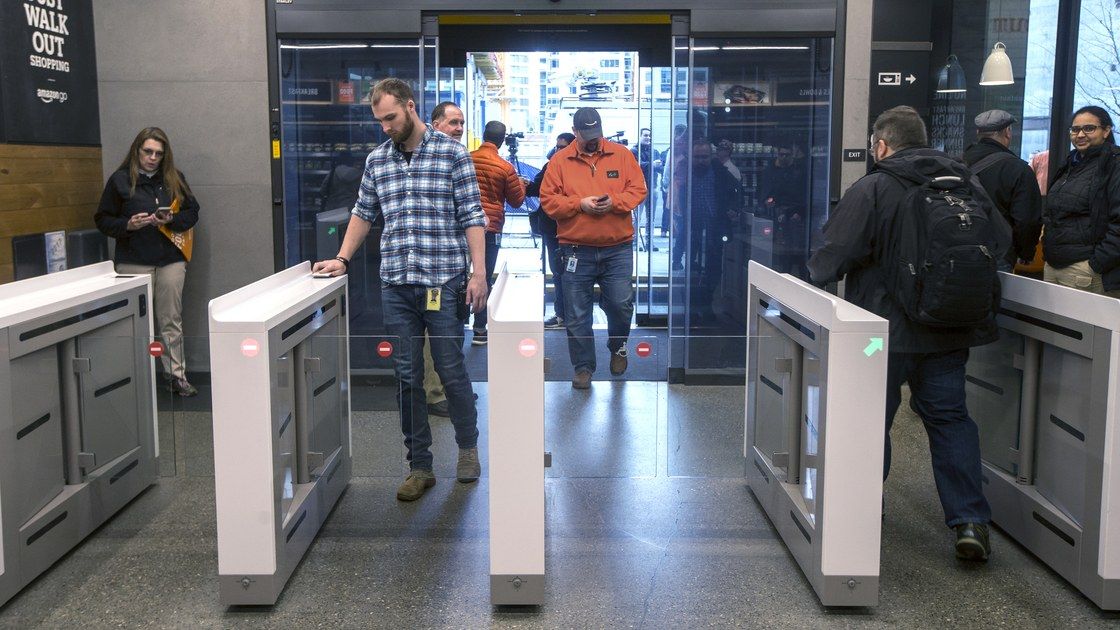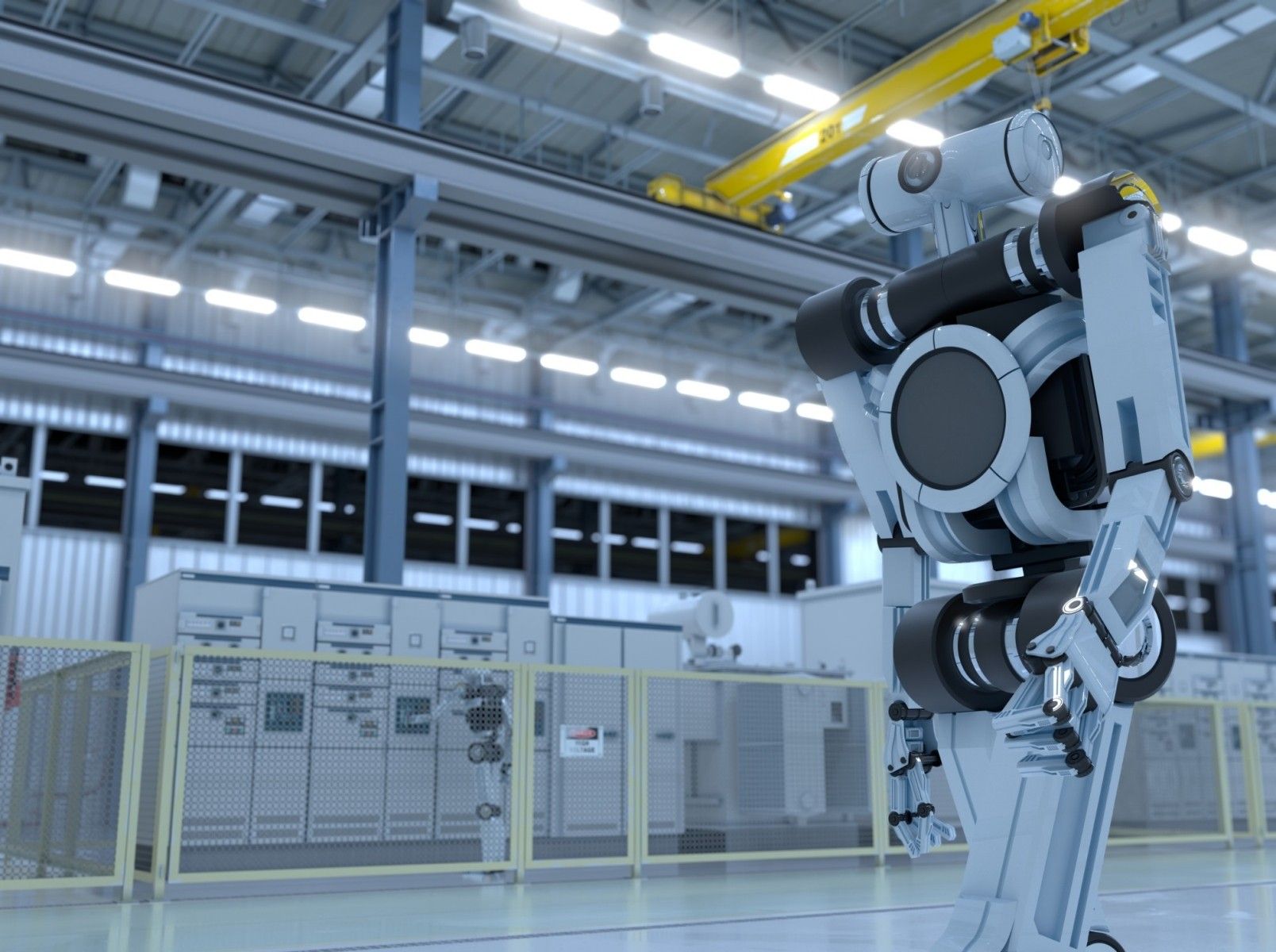https://born2invest.com/articles/social-entrepreneurship-solving-problems/


AUSTIN, Texas — Mining asteroids for water and other resources could someday become a trillion-dollar business, but not without astronomers to point the way.
At least that’s the view of Martin Elvis, a researcher at the Harvard-Smithsonian Center for Astrophysics, who’s been taking a close look at the science behind asteroid mining.
If the industry ever takes off the way ventures such as Redmond, Wash.-based Planetary Resources and California-based Deep Space Industries hope, “that opens up new employment opportunities for astronomers,” Elvis said today in Austin at the annual meeting of the American Association for the Advancement of Science.

In many ways, the future is unpredictable. A report by the World Economic Forum reveals that almost 65 percent of the jobs elementary school students will be doing in the future do not even exist yet. Combined with technological automation and the disappearance of traditional jobs, this leaves us with a critical question: how can we survive such a world?
The answer may be imagination.
Initially coined by Rita J. King, the imagination age is a theoretical period beyond the information age where creativity and imagination will become the primary creators of economic value. This is driven by technological trends like virtual reality and the rise of digital platforms like YouTube, all of which increase demand for user-generated content and creativity. It is also driven by automation, which will take away a lot of monotonous and routine jobs, leaving more higher-ordered and creative jobs.

That candidate is Andrew Yang, a well-connected New York businessman who is mounting a longer-than-long-shot bid for the White House. Mr. Yang, a former tech executive who started the nonprofit organization Venture for America, believes that automation and advanced artificial intelligence will soon make millions of jobs obsolete — yours, mine, those of our accountants and radiologists and grocery store cashiers.
He says America needs to take radical steps to prevent Great Depression-level unemployment and a total societal meltdown, including handing out trillions of dollars in cash.
Andrew Yang, a former tech executive, is mounting a longer-than-long-shot bid for the White House by warning of economic calamity ahead.


We’ve all read the headlines: the robots are coming, and they will take our jobs. In fact, up to 45 percent of tasks workers perform can be automated using current technology, let alone future forecasts.
However, there is a side of this story that is often overlooked: while emerging technologies will destroy many jobs, they will also create many new ones. In fact, over half of the jobs current middle school students will be doing in the future do not even exist today. Widespread innovation is continuing to give birth to exciting new industries, all of which are sources of new jobs.
More often than not, we have used our imaginations to envision dystopian futures where we submit to robots that leave us feeling jobless and purposeless. But we can also imagine an exciting parallel future in which technology has created even more opportunities for the workforce.
Robots are already changing jobs as an endless array of robots enter our everyday lives. From trucking to service work to high-end jobs like doctors and lawyers, this documentary explores how robotics and artificial intelligence are changing the workplace.
AJ+‘s documentary series on automation explores how advancements in artificial intelligence, robotics, machine learning and automated vehicles will affect jobs, cities and inequality. From trucking to radiology, new technology is already changing white collar and blue collar occupations, reshaping cities and concentrating wealth in the hands of the few. Robots are taking over the world as companies like Tesla, Amazon, Uber and Google are using robots to automate.
Subscribe for more videos:
Like us on Facebook: https://www.facebook.com/ajplusenglish
Download the AJ+ app at http://www.ajplus.net/
Follow us on Twitter: https://twitter.com/ajplus


When Kumar lost his job, he became part of a wave of layoffs washing through the Indian IT industry—a term that includes, in its vastness, call centers, engineering services, business process outsourcing firms, and infrastructure management and software companies. The recent layoffs are part of the industry’s most significant period of churn since it began to boom two decades ago. Companies don’t necessarily attribute these layoffs directly to automation, but at the same time, they constantly identify automation as the spark for huge changes in the industry. Bots, machine learning, and algorithms that robotically execute processes are rendering old skills redundant, recasting the idea of work and making a smaller labor force seem likely.
Technology outsourcing has been India’s only reliable job creator in the past 30 years. Now artificial intelligence threatens to wipe out those gains.
